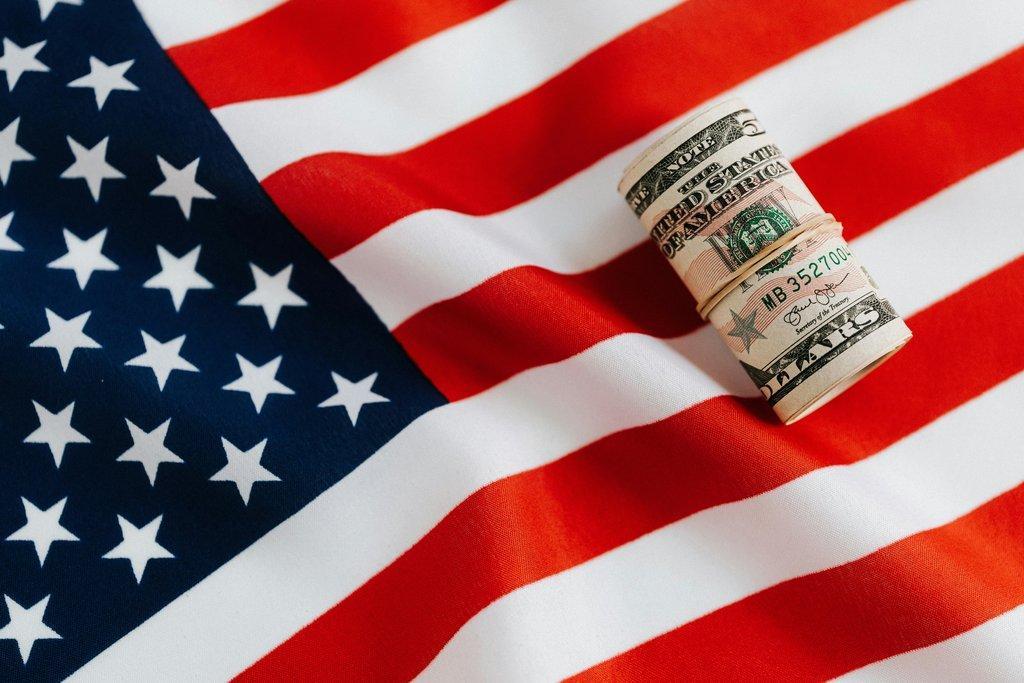
Trump’s visa ban restricts global talent, risking US innovation, labor supply, and economic growth while fuelling security debates.
The Far-Reaching Impact of Trump’s Visa Ban on U.S. Innovation, Labor, and the Economy 🌍📉💼
Trump’s renewed visa restrictions have ignited fierce debate across political, business, and academic communities. The bans—targeting several Muslim-majority countries (Afghanistan, Pakistan, Syria, Libya, Iraq, and Palestine) along with select West Asian and African nations—are justified on grounds of national security, streamlined vetting procedures, and reducing bureaucratic costs. Yet, as the policy unfolds, emerging evidence and latest news suggest that these measures could inadvertently undermine the very strengths that have long propelled the U.S. economy. Let’s dive into a comprehensive analysis.
1. Context and Policy Rationale 🛑
A. National Security vs. Economic Needs
Trump’s administration has consistently maintained that tighter visa controls help mitigate security risks and curb inefficiencies in administrative processes. Recent statements indicate that these restrictions may soon be extended to include additional regions—targeting even non-Muslim nations with alleged ties to illegal entry or instability. While the policy is positioned as a cost-saving and security-enhancing measure, critics argue that it oversimplifies complex global realities.
B. Latest Developments
Recent news reports highlight that the visa bans have already prompted legal challenges and diplomatic tensions. International allies and industry leaders are expressing concern over the long-term effects on America’s reputation as a beacon for global talent. These concerns are mounting amid an increasingly competitive global race for skilled professionals. ⚖️
2. Innovation and the U.S. Economic Engine 💡
A. The Role of Foreign-Born Talent
- Tech and Startups:
Silicon Valley and other U.S. tech hubs have thrived because of the constant influx of international talent. Immigrant founders and engineers have been key drivers of innovation—over half of the country’s unicorn startups are founded by immigrants, a fact that underscores the critical role foreign talent plays. - Healthcare and Biotech:
In an era where healthcare innovation is crucial, foreign-born doctors, researchers, and biotech experts are indispensable. Their contributions have not only advanced medical research but also filled critical workforce gaps in a sector already burdened by shortages.
B. Consequences of Curtailing Talent Flow
- Stifled R&D and Collaboration:
The visa restrictions hinder international research collaborations. Reduced cross-border projects could delay breakthroughs in vital fields like artificial intelligence, green energy, and biotechnology. - Innovation Pipeline at Risk:
A sustained decrease in foreign talent may result in a “brain drain” effect—where top talent opts for friendlier environments in countries like Canada, Germany, or Australia—potentially leaving the U.S. less competitive in the long run. 📉
3. Labor Market Shortages and Economic Implications 💔
A. Escalating Skill Gaps
- Critical Sectors Affected:
Beyond tech and healthcare, sectors such as academia, advanced manufacturing, and even agriculture have historically depended on a steady stream of immigrant labor. With an aging native workforce, the U.S. already faces significant shortages in STEM fields and skilled trades. - Operational and Productivity Challenges:
Companies may face increased labor costs and delays in project timelines, which could lead to reduced competitiveness and innovation across industries.
B. Impact on GDP and Economic Growth
- Economic Contributions:
Immigrants contribute trillions of dollars to the U.S. GDP every year—not only through entrepreneurial ventures but also by bolstering consumer spending and driving overall economic dynamism. - Risk of Slowdown:
By constraining the talent pool, the visa ban could hinder long-term productivity, reduce entrepreneurial activity, and ultimately lead to a slowdown in GDP growth. Recent economic analyses suggest that such restrictions may cost the economy billions in lost potential output. 💸
4. Industry-Specific Implications 🔍
A. Technology and Startups 💻
- Key Challenges:
U.S. tech companies risk losing their competitive edge as talent migrates to more welcoming jurisdictions. Companies might face slower product development cycles and increased operational costs. - Competitive Shifts:
Global tech hubs in Europe and Asia are already positioning themselves to capture the talent that might otherwise have come to the U.S.
B. Healthcare and Biotechnology 🏥
- Strain on Services:
With ongoing shortages of healthcare professionals, the ban could exacerbate staffing issues in hospitals and research institutions. This may lead to longer wait times and a slowdown in medical innovation. - Delayed Innovations:
The biotechnology sector, which relies heavily on global collaborations, may experience setbacks in developing new treatments and technologies.
C. Academia and Research 🎓
- Reduced International Collaboration:
U.S. universities have long benefited from the vibrant mix of international students and researchers. Restrictions could dampen research output and lower the global prestige of U.S. institutions. - Future Talent Pool:
A decline in international academic participation might diminish America’s standing as a research leader over time.
D. Manufacturing and Engineering 🚜🏗️
- Higher Production Costs:
The manufacturing sector—especially in advanced and precision engineering—could suffer from a dearth of skilled workers, leading to increased costs and decreased competitiveness. - Global Shifts:
Industries may eventually relocate parts of their operations to countries with a more robust supply of skilled labor.
5. Weighing the Pros and Cons: The Good, the Bad, and the Ugly 😊😕😠
The Good 👍
- Enhanced Security:
Stricter visa controls may contribute to national security by ensuring that only thoroughly vetted individuals gain entry. - Domestic Job Opportunities (Short-Term):
There is an argument that reducing foreign competition might create more opportunities for American workers—at least in the short run.
The Bad 👎
- Economic and Innovation Setbacks:
By restricting the flow of international talent, the U.S. risks stifling innovation, worsening labor shortages, and slowing economic growth. - Diminished Global Leadership:
With fewer skilled workers and reduced research collaborations, America’s leadership in science, technology, and higher education may be undermined.
The Ugly 😠
- Brain Drain and Loss of Soft Power:
Prolonged restrictions could force top talent to seek opportunities elsewhere, eroding America’s competitive edge on the global stage. - Humanitarian Concerns:
The policy could result in family separations and the denial of refuge to those fleeing persecution, raising serious ethical and humanitarian questions.
6. Conclusion: Navigating a Delicate Balance ⚔️
Trump’s visa restrictions represent a double-edged sword. On one side, the measures are aimed at bolstering national security and reducing bureaucratic overhead. On the other, they threaten to erode the very foundation of U.S. economic innovation by limiting the influx of skilled labor critical to sectors like technology, healthcare, academia, and manufacturing.
Recent developments suggest that the economic cost—in terms of slowed innovation, increased labor shortages, and potential GDP downturn—may far outweigh the short-term security gains. As global competition for talent intensifies, the U.S. faces the challenge of maintaining its open, innovative spirit while addressing legitimate security concerns. The long-term consequences of this policy will depend on whether policymakers can strike a balance that safeguards both national security and the engine of economic growth that is driven by global talent. 🌎📊
Final Thought:
As echoed by thought leaders like Elon Musk, “Talent is the engine of innovation.” If the U.S. continues to restrict the flow of international expertise, it risks putting the brakes on its own progress—leaving no clear winners in the race for future growth. 🚀
Disclaimer:
The information provided in this article is for educational purposes only and should not be construed as investment advice. estima...
Author
Shaik K is an expert in financial markets, a seasoned trader, and investor with over two decades of experience. As the CEO of a leading fintech company, he has a proven track record in financial products research and developing technology-driven solutions. His extensive knowledge of market dynamics and innovative strategies positions him at the forefront of the fintech industry, driving growth and innovation in financial services.


